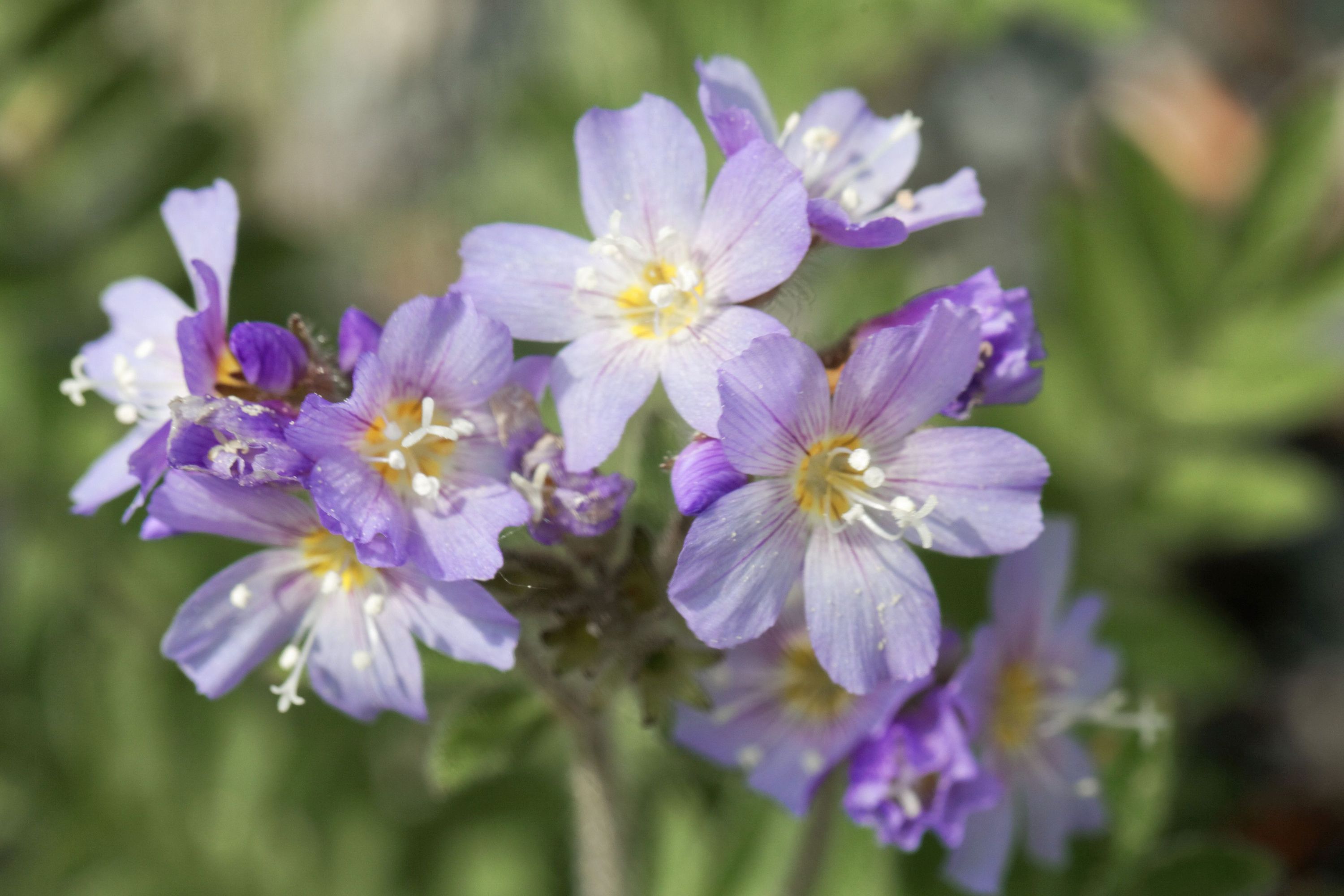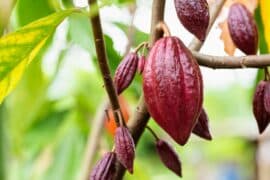Jacob'S-Ladder
(Polemonium pulcherrimum)

Description
Polemonium pulcherrimum is a species of flowering plant in the phlox family known by several common names, including beautiful Jacob's-ladder, showy Jacob's-ladder, and skunk-leaved polemonium. It is native to western North America from Alaska and Yukon to Arizona and New Mexico, where it can be found in many types of mountain habitat, including alpine talus at high elevations. It is a common and widespread wildflower in several regions. It is a perennial herb producing a clump of several erect stem approaching a maximum height of 30 centimeters. The leaves are mostly basal, with smaller ones arranged along the stem. The leaves are made up of several pairs of lance-shaped to oval or round leaflets. The herbage is lightly hairy, densely glandular, sticky, and strongly scented, the odor reminiscent of skunk. The showy inflorescence is a dense elongated or headlike cluster of bell-shaped flowers each just under a centimeter wide. The flower is deep to bright or pale blue to nearly white with a yellow throat. Polemonium, commonly called Jacob's ladders or Jacob's-ladders (the name derived from the Biblical story), is a genus of between 25 and 40 species of flowering plants in the family Polemoniaceae, native to cool temperate to arctic regions of the Northern Hemisphere. One species also occurs in the southern Andes in South America. Many of the species grow at high altitudes, in mountainous areas. Most of the uncertainty in the number of species relates to those in Eurasia, many of which have been synonymized with Polemonium caeruleum. Polemonium are perennial plants (rarely annual plants) growing 10–120 cm tall with bright green leaves divided into lance-shaped leaflets. They produce blue (rarely white or pink) flowers in the spring and summer. Some species are used as food plants by the larvae of some Lepidoptera species including Coleophora polemoniella.
Taxonomic tree:







